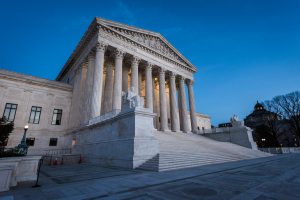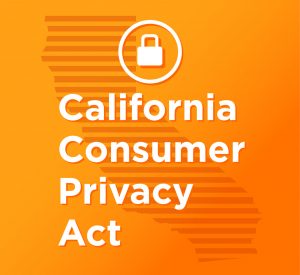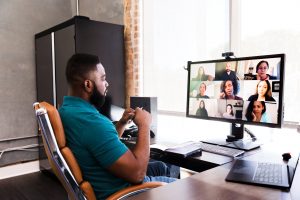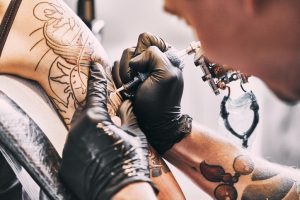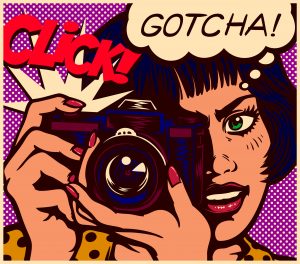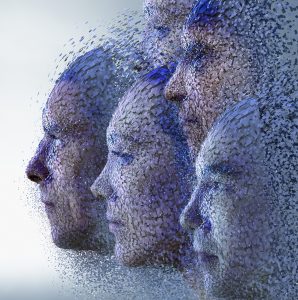Fingerprints. Retinas. Facial symmetry itself. We frequently address the problems raised as new technology brings new privacy concerns for customers and businesses alike. In “Check Your Policies for Privacy Claim Coverage: New York City’s New Biometrics Law Is Now in Effect,” Sandra Kaczmarczyk examines New York City’s recent statute that imposes two limitations on the use of “biometric identifier information” and why businesses operating in New York City should consider both their potential liability under these new requirements and whether their current insurance program protects them against associated risks.
RELATED ARTICLES
Check Your Policies for Privacy Claim Coverage: New York City’s New Biometrics Law Is Now in Effect
 Internet & Social Media Law Blog
Internet & Social Media Law Blog



